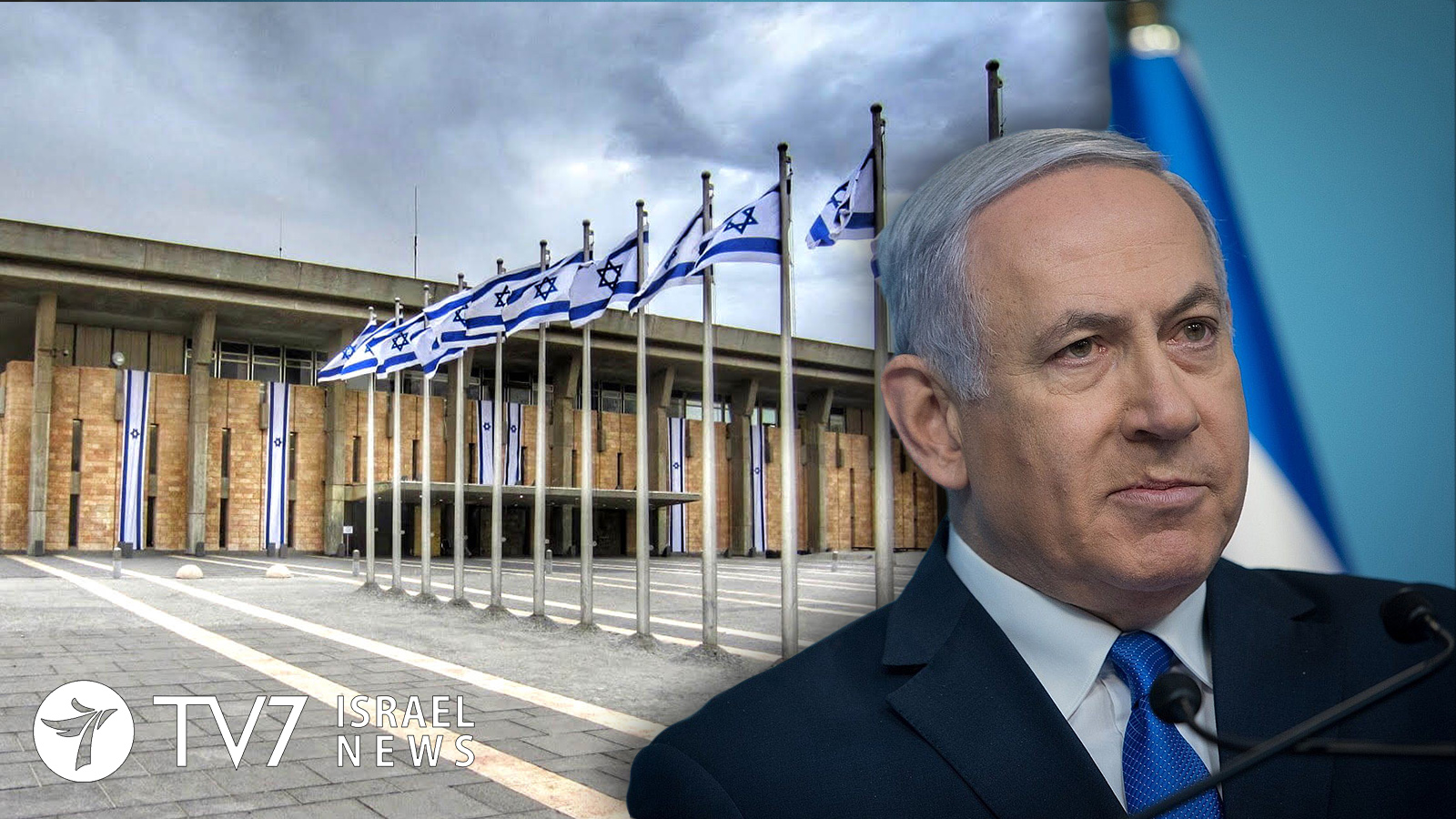Israel is preparing for its possible military involvement in any escalation in the Gulf confrontation between Iran and the United States. Israeli Foreign Minister Israel Katz told an international security forum that “We must be prepared for this, and thus the State of Israel continues to devote itself to building up its military might for the event that it will have to respond to escalating scenarios.”
The unravelling of the 2015 Iran nuclear deal under U.S. diplomatic pressure, Iran’s downing of a U.S. drone and its alleged role in attacks on foreign oil tankers in the Gulf have driven up tensions and stirred war concerns.
Jerusalem has encouraged the administration of U.S. President Donald Trump to press ahead with sanctions against its arch-foe, predicting that Tehran will eventually renegotiate a more limiting nuclear deal.
In his speech to the Herzliya Conference, Foreign Minister Katz cautioned that “It should be taken into account that mistaken calculations by the (Iranian) regime…are liable to bring about a shift from the ‘gray zone’ to the ‘red zone’ – that is, a military conflagration.”
Iran has repeatedly threatened to annihilate the Jewish State, and Israel has responded with warnings that it could undertake preemptive military action to prevent the Islamic Republic from producing nuclear weapons. Just this past Monday a senior Iranian lawmaker, Chairman of the Parliament’s National Security and Foreign Policy Commission Mojtaba Zolnour, was cited as claiming that Israel would be destroyed within “only half an hour” should the United States attack Iran
Israel’s top diplomat also predicted that what he described as the U.S.-led “economic war” on Iran would succeed, despite the misgivings of other world powers. Katz stressed that “The common interest of Israel and the United States and of the moderate players in the region is to focus the pressure against Iran in the gray zone. The Iranian regime must be presented with a simple dilemma: What is more important to them, Iran itself, or exporting the revolution? In this context, it is important to understand that the heavier the economic pressure, and the more persuasive the international cohesion around the sanctions, so will be the chance of a comprehensive military flare-up ultimately diminishing.”
Meanwhile, Iranian President Hassan Rouhani today issued fresh challenges to the international community, by defiantly declaring his country will increase its level of uranium enrichment after July 7 to ‘whatever levels it needs’ beyond the 3.67% cap set in the landmark 2015 nuclear deal.
Rouhani added that if the remaining signatories of the nuclear deal with world powers do not fulfill their promises, then his country’s Arak nuclear reactor will return to its previous activities after this coming Sunday. The developments were reported by the Islamic Republic of Iranian Broadcasting (IRIB) news agency, which holds a monopoly of domestic radio and television services in Iran “independent of the government” – although its director is personally appointed by Supreme Leader Ayatollah Ali Khamenei.
It is important to note that Tehran has repeatedly threatened to increase enrichment levels, which would significantly lower the break-out time necessary to produce weapons-grade uranium.
This development follows comments from Iranian Foreign Minister Mohammad Javad Zarif, that the remaining signatories to the nuclear deal – China, France, Russia, Britain, Germany, and the European Union – are not doing enough to salvage it.
The Commander of the Islamic Revolution Guards Corps (IRGC) boasted that his nation’s growing military power has deterred hostile enemy action, according to Iran’s semi-official Fars media outlet. During remarks to IRGC personnel today, Major General Hossein Salami was cited as rejecting concerns that the Islamic Republic’s outright refusal to negotiate a resolution to current tensions with the United States could lead to a major military conflagration, with claims that “the enemy is worried about the prospect of war and is focused instead on an economic conflict.”
General Salami went on to say that “In the military sphere, we have completely closed the path for the enemy,” and “In the current situation it is the enemies who are worried about the outbreak of war and this worry is apparent in their physical and tactical behavior … At the current crossroads, economic war is the main field for the enemy to confront us.”
In a June 25 tweet, U.S. President Donald Trump wrote “Any attack by Iran on anything American will be met with great and overwhelming force. In some areas, overwhelming will mean obliteration.” The following day, Trump aborted an air strike on Iran moments before impact in retaliation of the June 20 downing of an American military reconaissance drone, because he said it would have killed too many Iranians. The incident marked the closest known time the U.S. has ever come to bombing the Islamic Republic.
